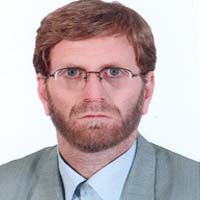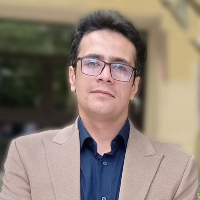The Impact of Human Capital on Air Pollution in Iran: GMM and Fuzzy Logic Approach
The quality of manpower is one of the factors affecting the environmental degradation. According to studies, air pollution is affected by its past values, so a dynamic model should be used to study it. Accordingly, using the GMM method, the present study evaluates the impact of human capital on air pollution in Iran during 1981-2019. Human capital is a latent variable in economics and is often replaced by alternative proxies. In this paper, like most previous studies, the research model was firstly estimated using the average proxy of years of schooling (as an indicator of human capital), which resulted in statistical insignificance and theoretical inconsistency in the estimated coefficients. Based on theoretical foundations, it is argued that the human capital index in addition to the education component is influenced by other aspects such as skills and health. Therefore, using fuzzy logic, an indicator for human capital in the Iranian economy has been constructed, so that it includes three main aspects (education, skills and health) of human capital. The results of estimation of the air pollution model using the human capital index showed that improving the level of human capital had a negative effect on air pollution. Therefore, by increasing human capital and improving the quality of manpower, we can expect to reduce air pollution and environmental degradation. In addition, urbanization, industrialization, trade freedom, economic growth and pollution in the previous period had positive and significant effects on air pollution.
-
The role of green energy consumption and human capital in Iran's environmental Carrying Capacity
*, Fatemeh Vaysi
Journal of Economic Policy, -
Climate Policy Uncertainty and Infectious Disease Risk: An Evidence for Islamic Dow Jones Index
Ramin Amani, *
Iranian Journal of Finance, Spring 2025 -
A comparative study of ownership in the Qur'an and the views of Muslim thinkers
Saeedeh Alizadeh*,
Islamic Economics & Banking, -
The impact of economic sanctions on Iran’s macroeconomic variables and economic growth
Hosein Jahangiri, *, Mohammadreza Farzin, Karim Emami, Abbas Memarnezhad
Quarterly Journal of Economic Modelling,



